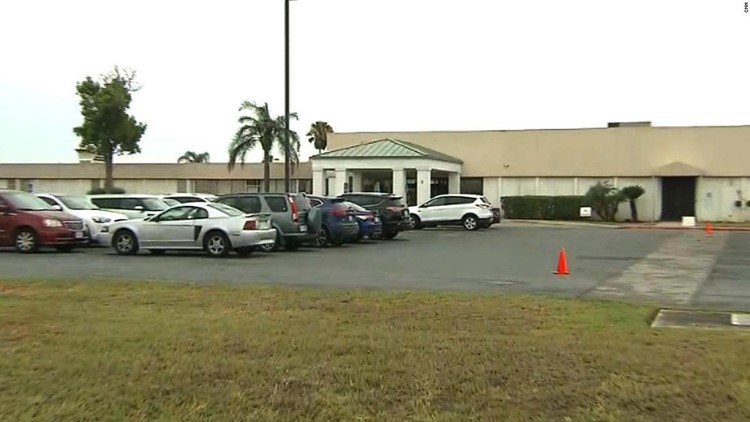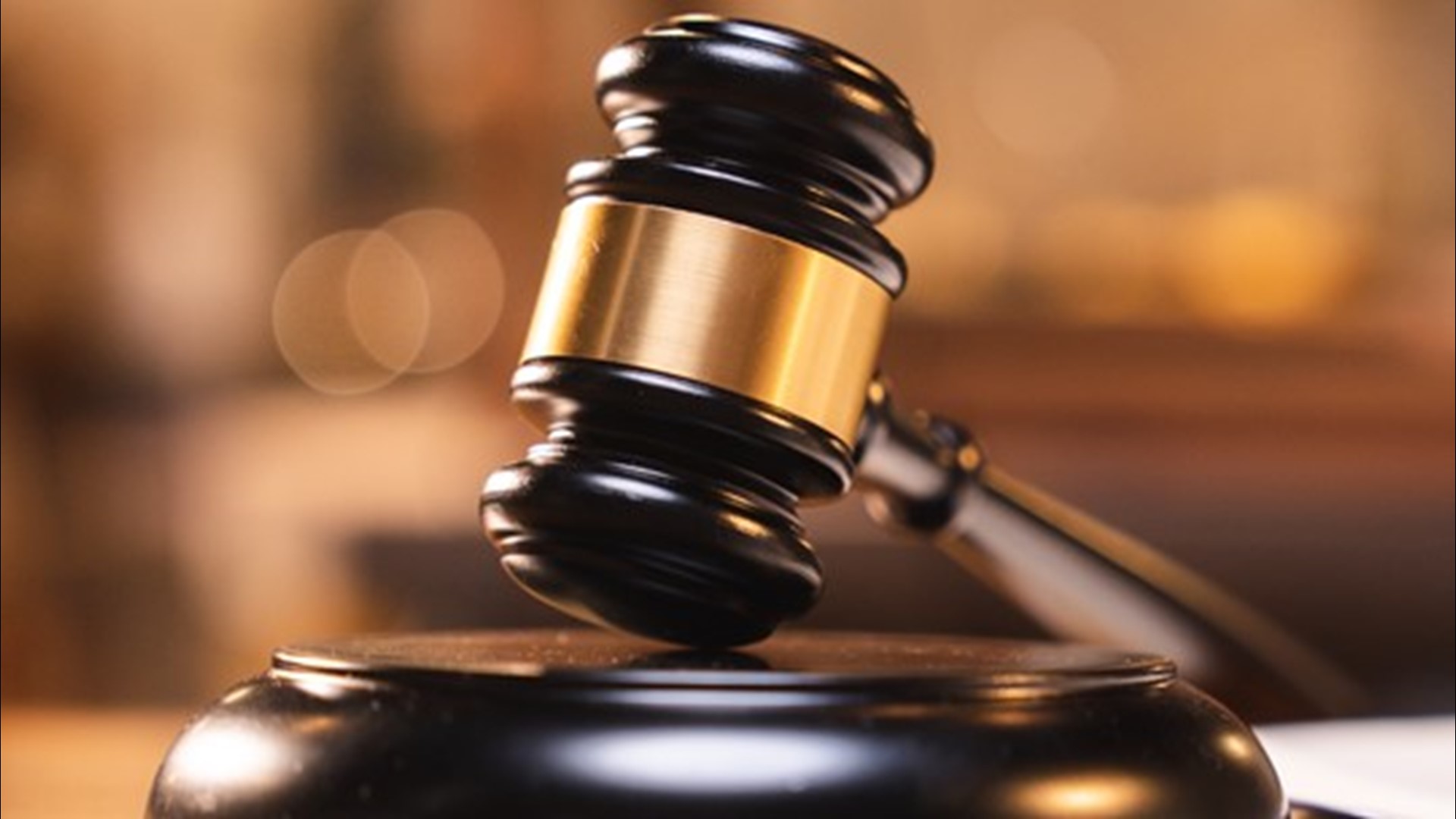WASHINGTON — Infants and young children are being held in three so-called “tender age” shelters at the border after being separated from their families who illegally crossed into the United States, The Associated Press reports.
The children are being sent to three centers in Combes, Raymondville and Brownsville in southern Texas, which have been repurposed to house the youngest migrants, including those younger than 5, The Associated Press reported Tuesday evening.
Another center is planned for Houston, The Associated Press reported. Steven Wagner, an official with the Department of Health and Human Services, told The Associated Press that the agency defines “tender age” as any child under the age of 13.
The AP did not identify the unnamed “lawyers and medical providers” whose accounts of the facilities form the basis of the report.
CNN has reached out to Customs and Border Protection, Southwest Key Programs and the Department of Health and Human Services, which oversees the facilities for unaccompanied immigrant children, for comment on the AP’s report.
Earlier this week, a US official with Customs and Border Protection would not address the circumstances of individual cases but said there were only a few reasons why children younger than 4 might be separated from adults at the border. The reasons include criminal history or an adult in the family who has a history of immigration violations like entering illegally or being deported before; evidence of abuse that would indicate that the child’s safety is at risk; an inability to prove a guardian familial relationship; or insufficient detention space to accommodate a family unit where both parents are present.
The Trump administration’s “zero tolerance” policy against those crossing into the US illegally has resulted in a spike of family separations. At least 2,000 children have been separated from their parents since the policy went into effect earlier this year.
Democratic Texas Rep. Filemon Vela Jr. toured the facility in Brownsville that he said held children as part of a congressional delegation to see the conditions and the Department of Homeland Security’s processing of undocumented immigrants. CNN was denied access to the facility.
“There are about 80 children. Forty of these kids have been separated from their families. There’s rooms for toddlers,” Vela told CNN on Monday, describing what he saw at Casa El Presidente in Brownsville that is managed by the non-profit Southwest Key Programs in coordination with Health and Human Services’ Office of Refugee Resettlement.
“So, there’s no question that even children underneath the age of 1 are being separated from their families,” Vela said.
Other facilities for children
CNN and other media were allowed into a different Southwest Key Programs’ massive child care facility, called Casa Padre, which houses nearly 1,500 young boys, ages 10 to 17, in a former Walmart superstore.
The Trump administration also announced it has secured federal land in Tornillo, Texas — an area with temperatures that near 100 degrees, though an official for the Administration for Children and Families has told CNN the tents are equipped with air conditioning — to house a temporary shelter for migrant children. Photos from the Department of Homeland Security show large white tents with bunk beds and has the capacity to expand to up to 4,000 beds, according to Republican Texas Rep. Will Hurd, who toured the facility in Tornillo on Friday.
Hurd told CNN that the conditions for detainees at the temporary shelter in Tornillo were good, the children “get three square meals a day and two snacks” and that legal representatives and case workers are on the premises.
Vela and the Democratic congressional delegation also toured a processing detention center in McAllen, Texas, on Sunday. Pictures released by the Customs and Border Protection agency showed families behind chain-link fences, mattresses with thermal blankets on the floors and long queue lines.
Michelle Brane, director of migrant rights and justice program at the Women’s Refugee Commission, told CNN in an interview Tuesday that she met a 4-year-old girl in diapers at a McAllen warehouse where migrants families are being temporarily held.
“The facilities that they have for the most part are not licensed for tender age children,” Brane told CNN.
‘Government-sanctioned child abuse’
The policy and the resulting separations have been widely criticized by lawmakers, advocacy groups and health experts.
On Monday, the investigative nonprofit ProPublica published wrenching audio from inside one of the facilities. In the recording, children can be heard wailing, sobbing and calling out for their parents. On Tuesday night, The Associated Press reported that children as young as infants were being separated and cared for in “tender care” facilities.
Dr. Colleen Kraft, the president of the American Academy of Pediatrics, told CNN earlier this week that separating children from their parents “is nothing less than government-sanctioned child abuse.” The president of the American College of Physicians, Dr. Ana Maria Lopez, said the separations could have persistent detrimental effects.
“The effect of this type of event will follow these children into adulthood and into their entire lives,” she said. “Our federal government is causing a situation that is creating a host of potential health consequences for an entire category of people.”
The Trump administration has defended the policy in the face of growing concern and public outrage after images and audio of the children separated from their families were released.
Department of Homeland Security Secretary Kirstjen Nielsen insisted that the conditions of these detention centers for children are up to par.
“We now care for them. We have high standards,” she told reporters at the White House on Monday. “We give them meals, we give them education, we give them medical care. There’s videos, there’s TVs. I visited the detention centers myself.”



